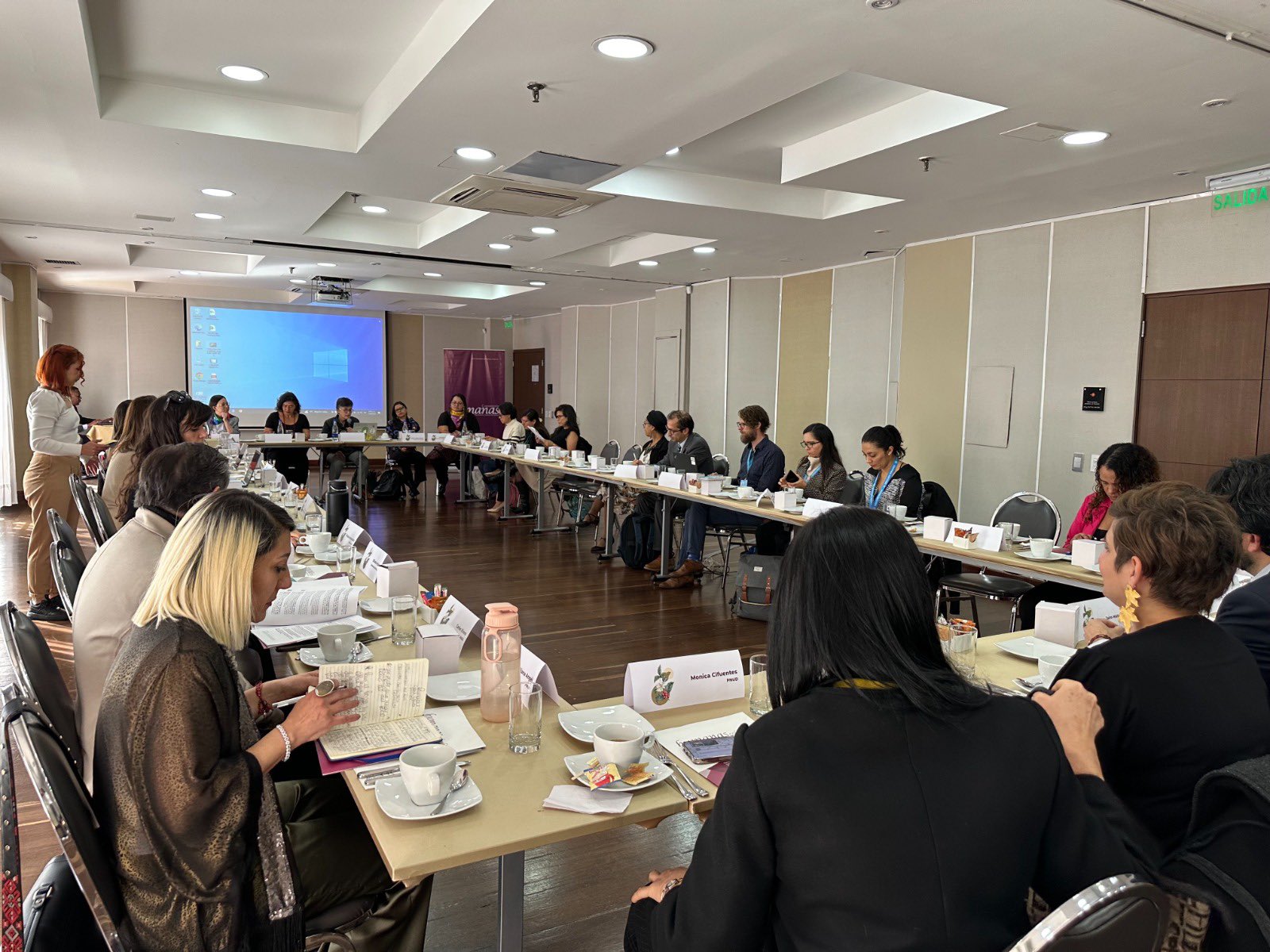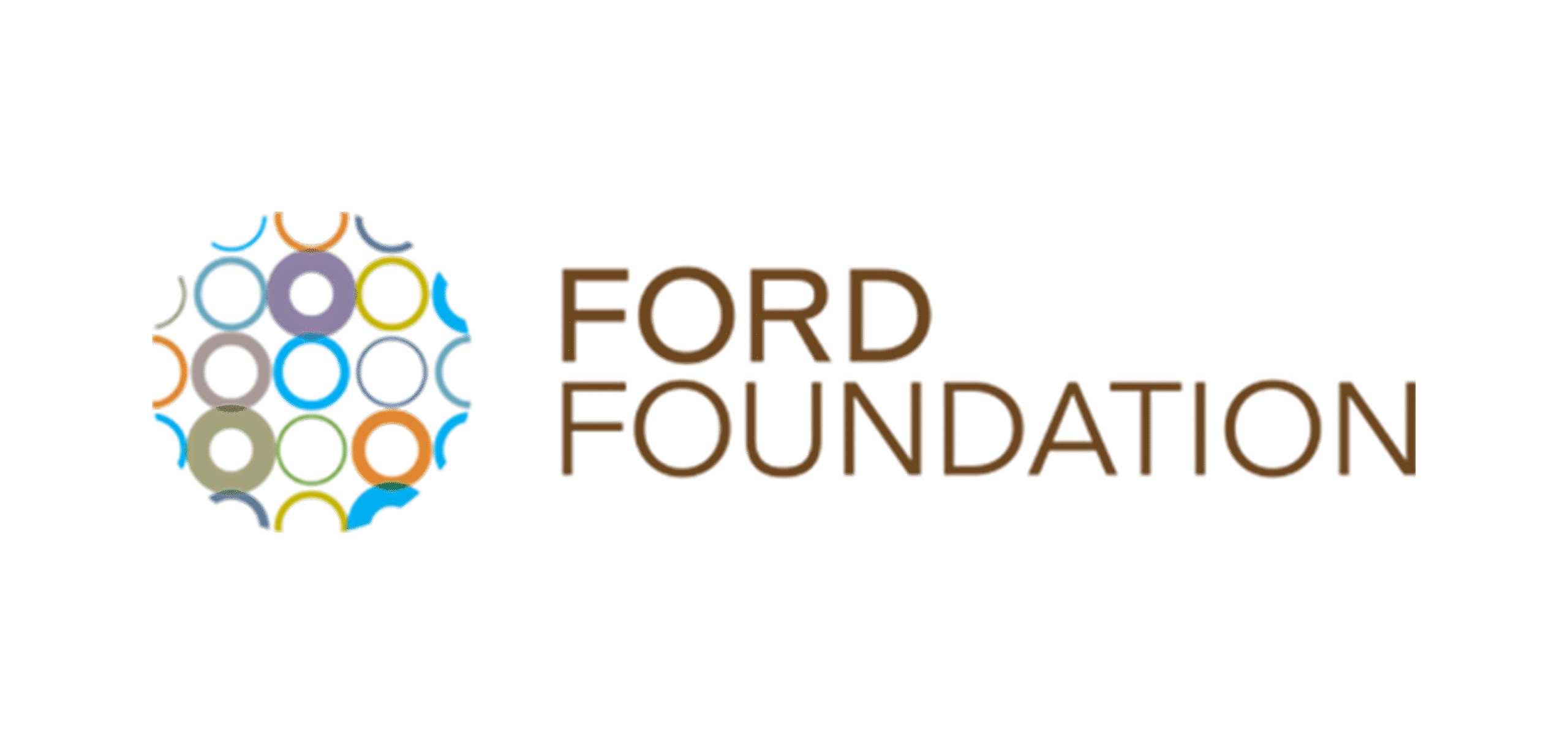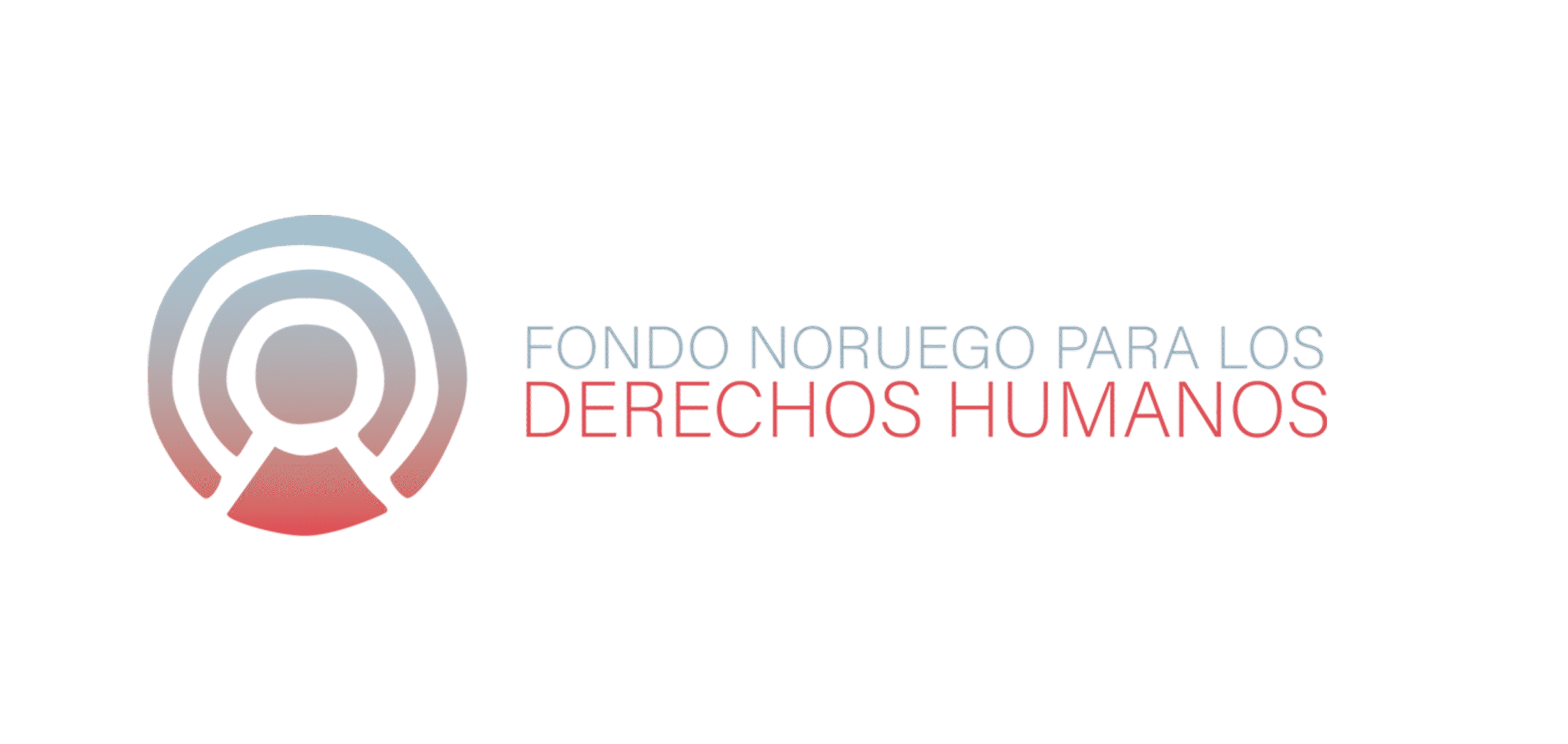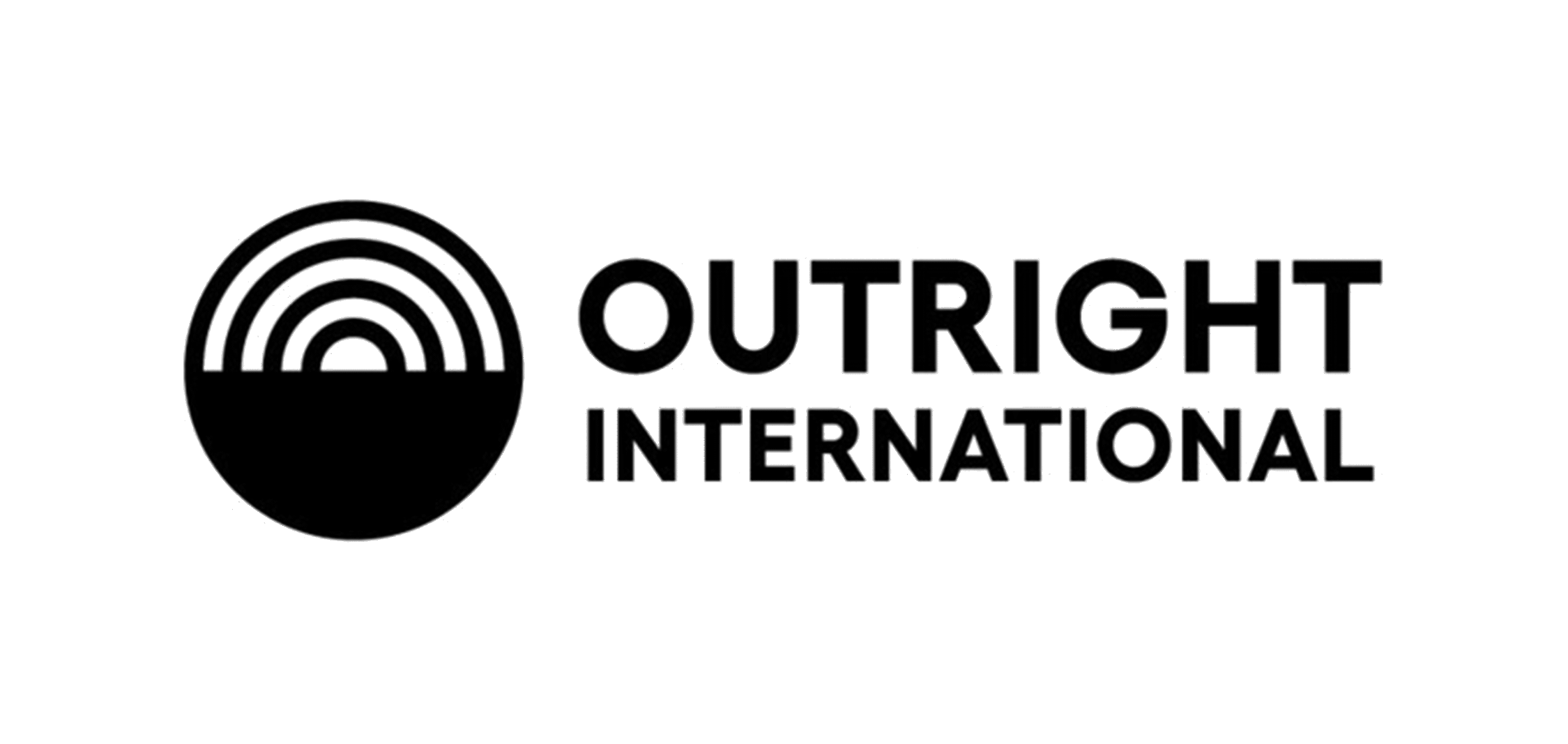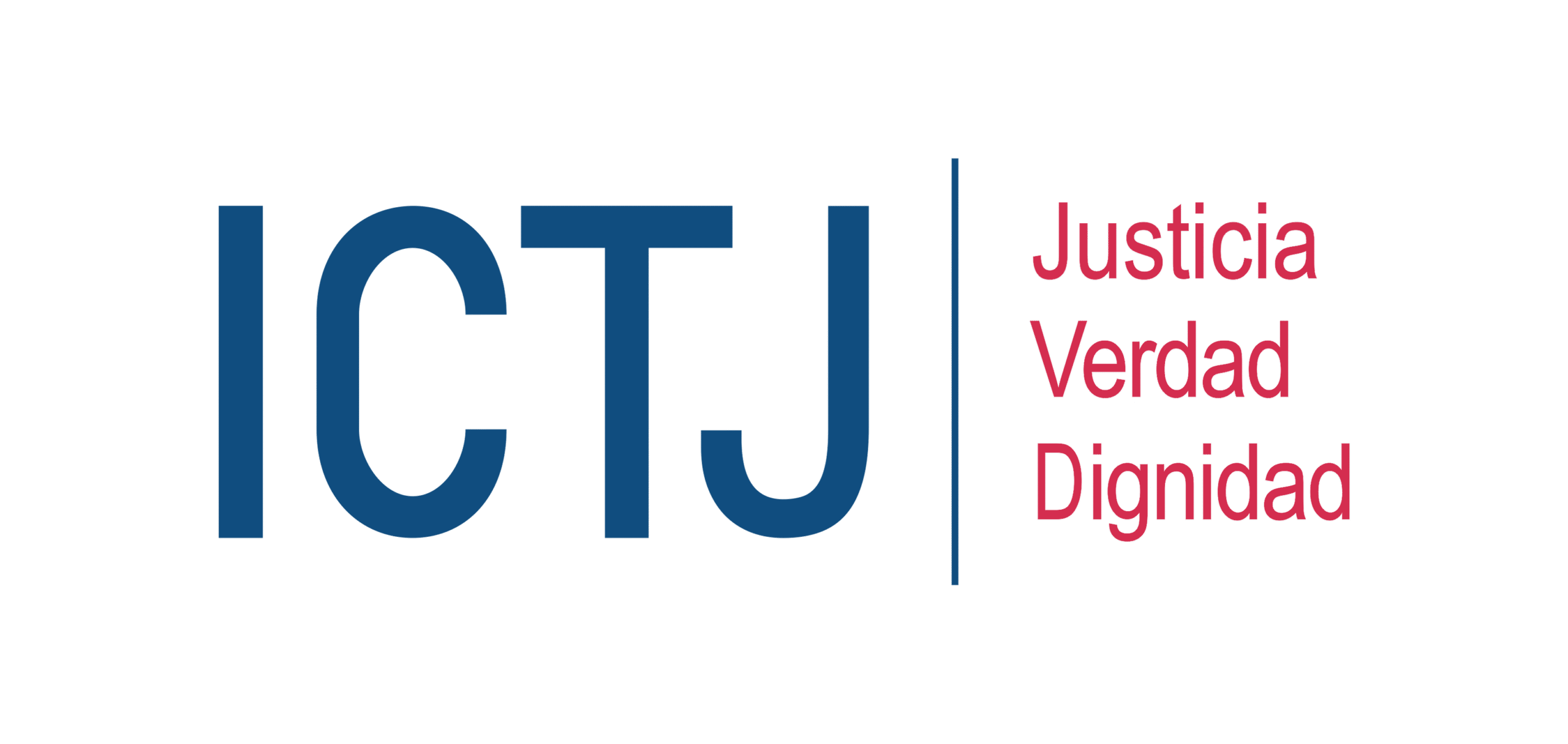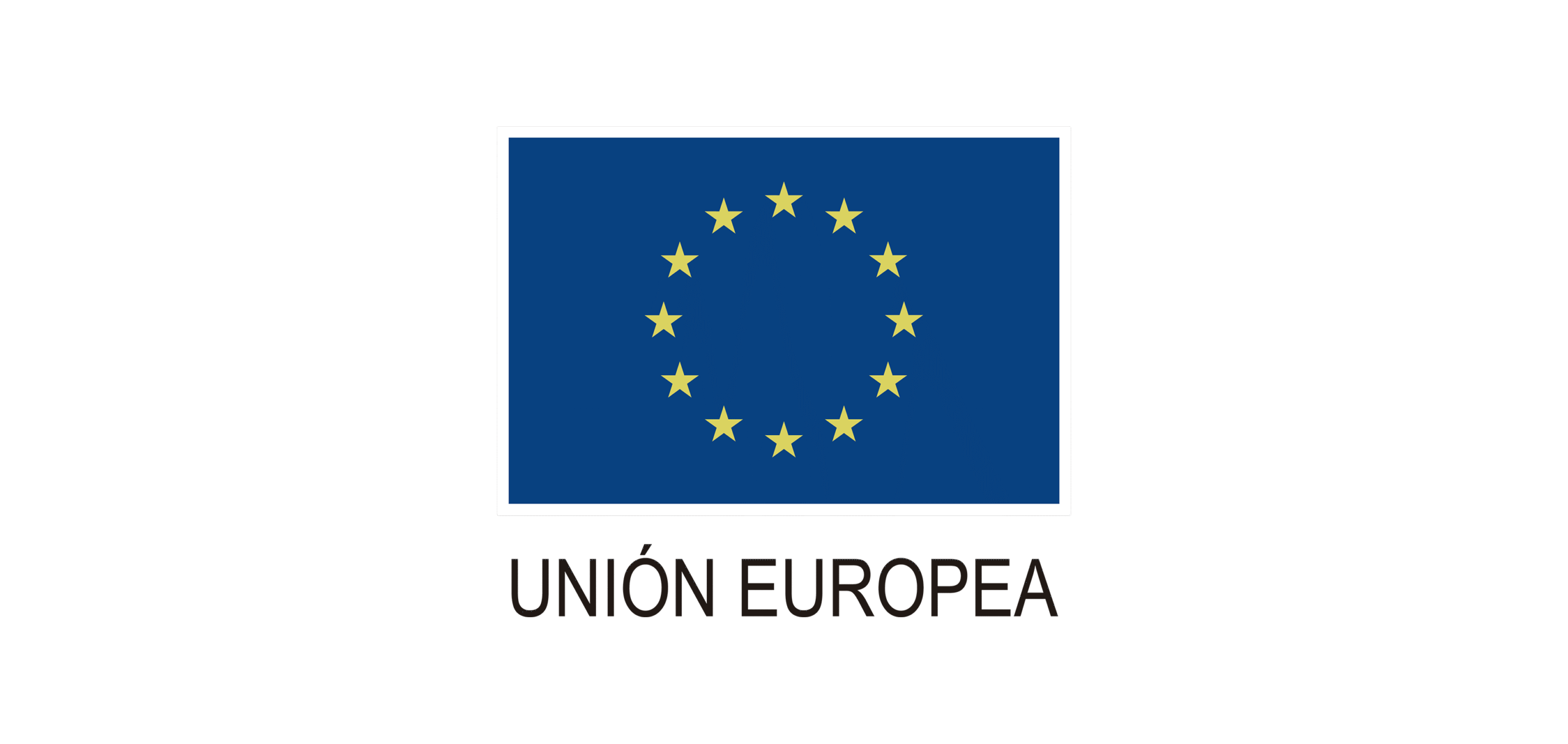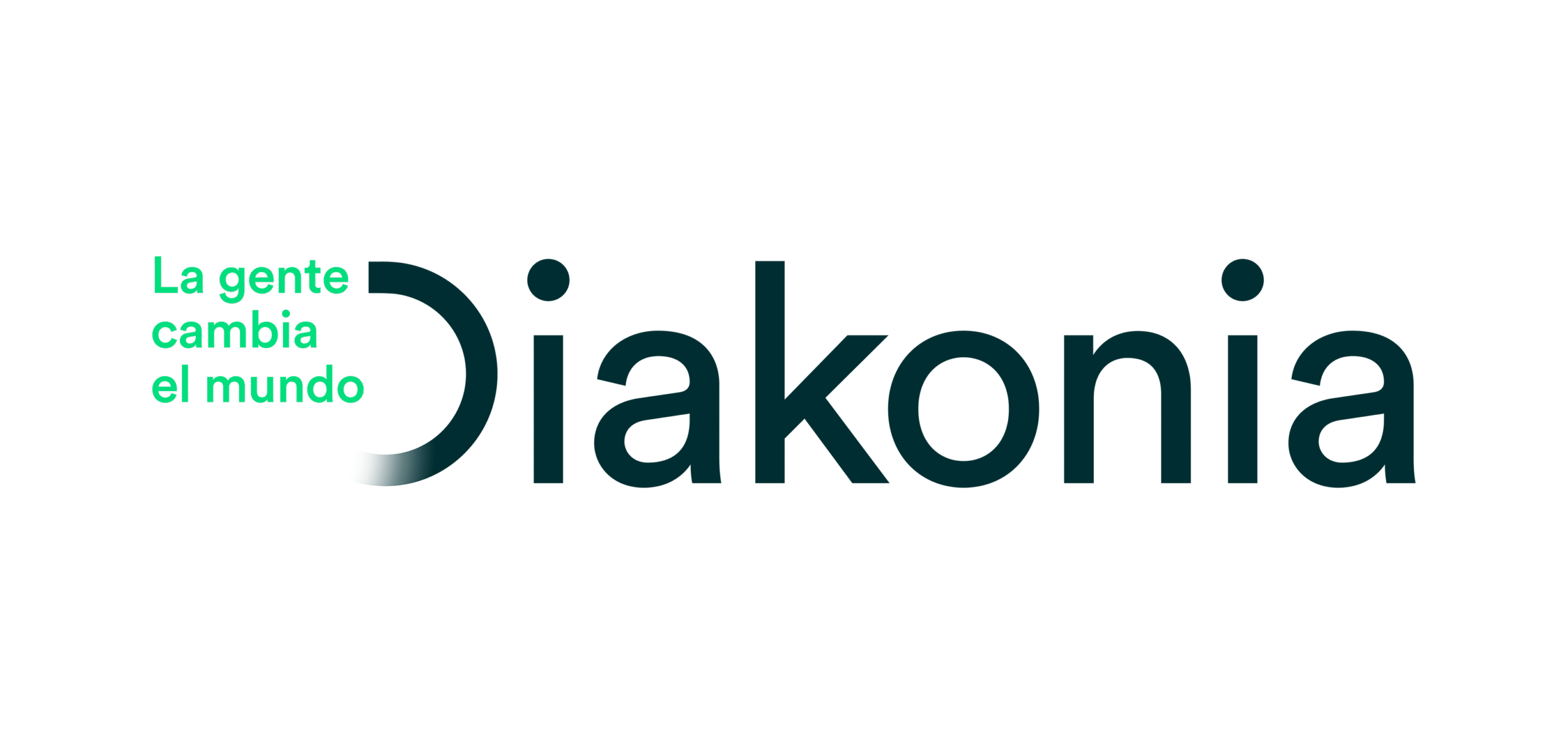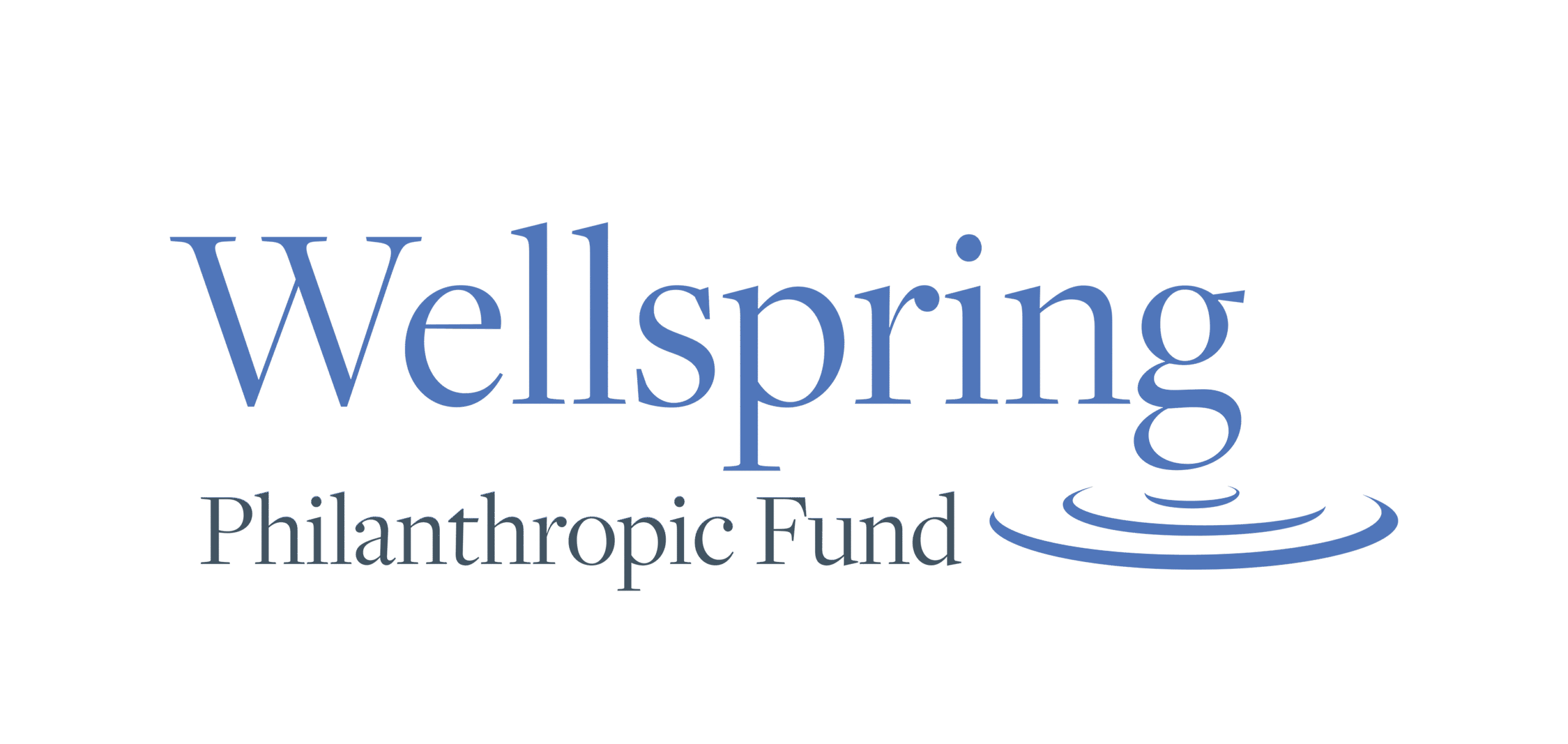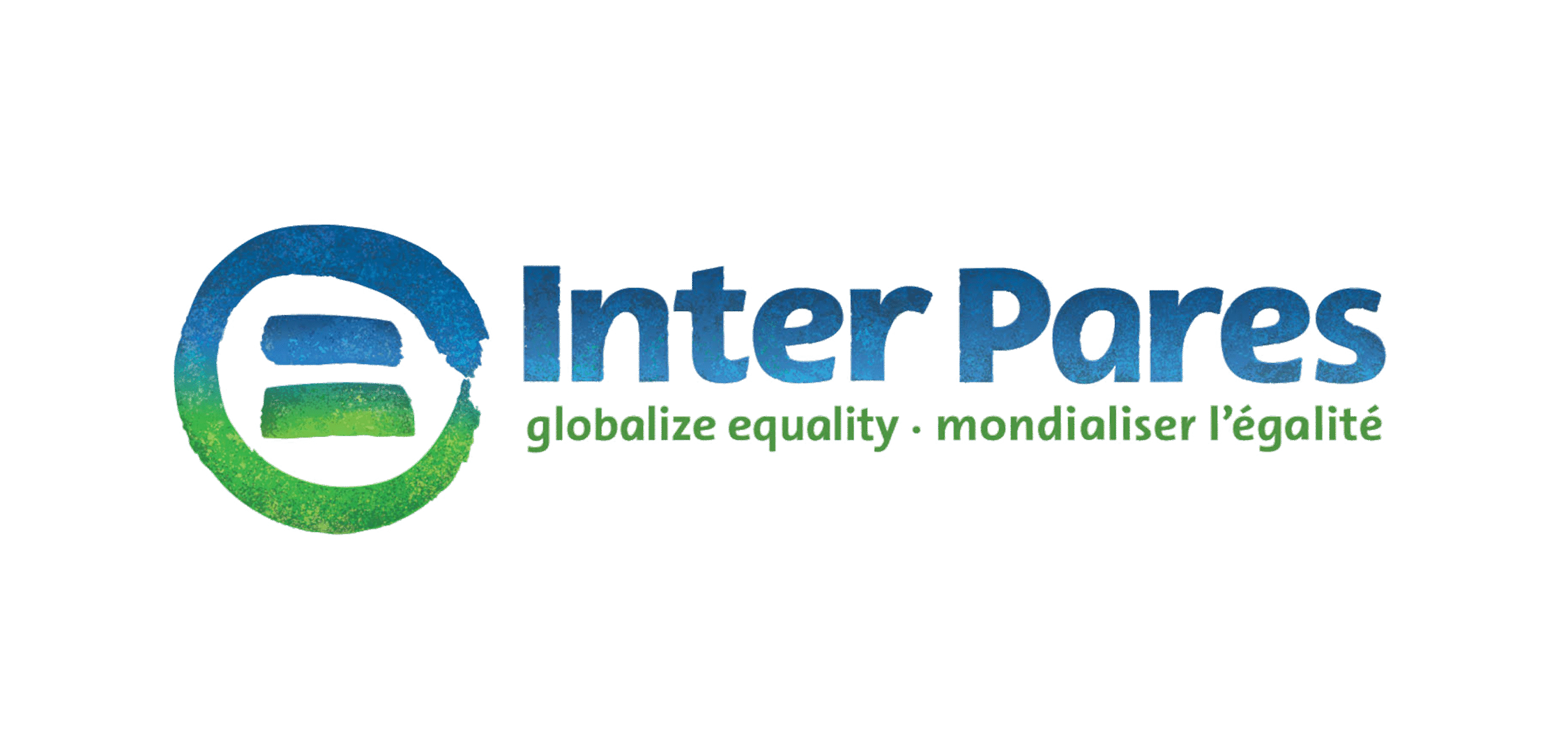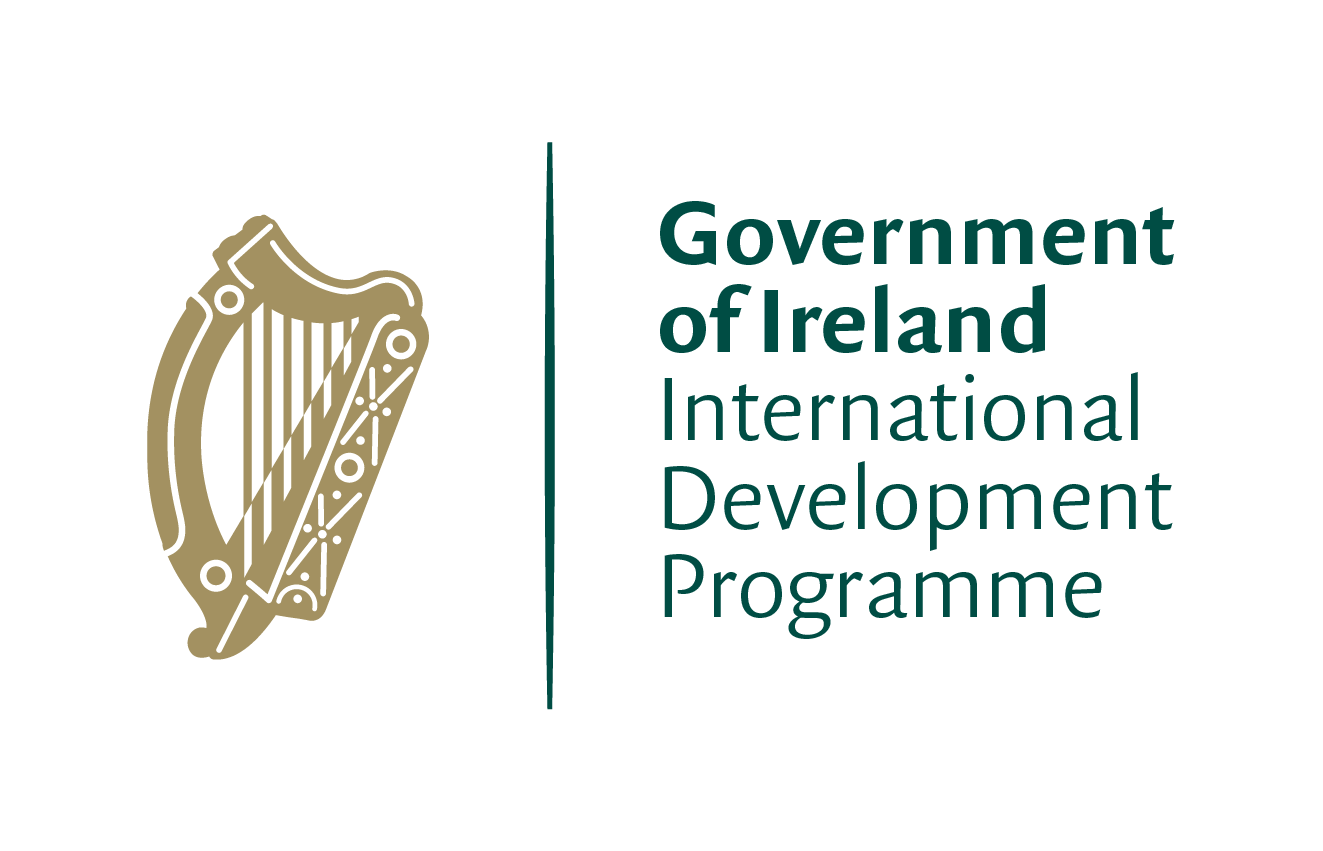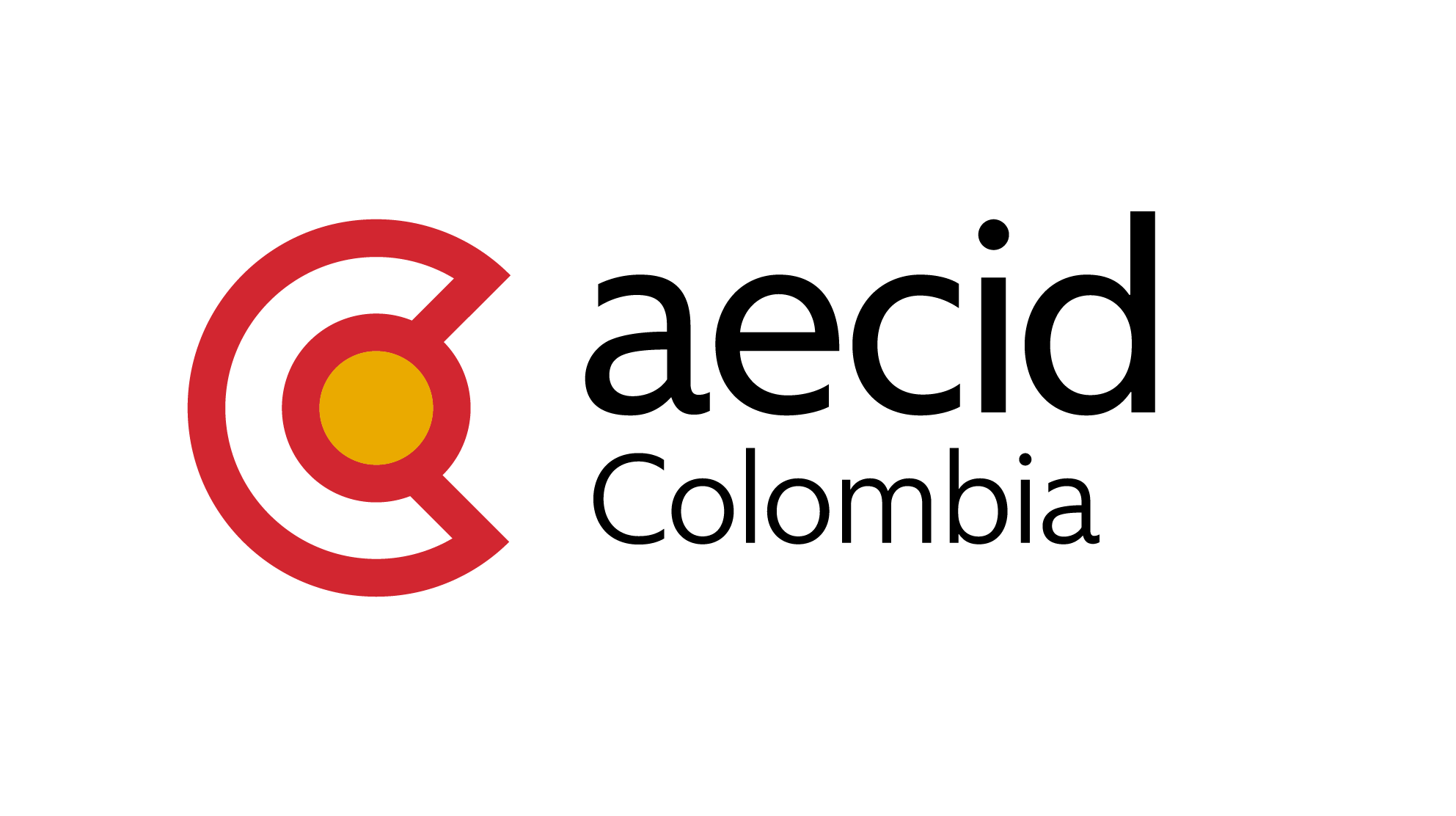The Gender Litigation Alliance delivered 32 recommendations to the Special Jurisdiction for Peace (SJP) as a contribution to strengthening macro-cases in the pursuit of justice in crimes of sexual violence, reproductive violence and other crimes related to the sexuality of the victim.
The recommendations are structured in five sections: the first group of a general nature, the second on investigation, then on reparation, participation, and finally, one related to the initiation of work on macro-case 11.
On the one hand, the importance of systematising good practices and lessons learned by the SJP on gender mainstreaming is highlighted. In relation to the investigation and clarification of the truth, the importance of the reports submitted by civil society to the SJP and their potential for judicial and public recognition, as well as the value of the victims' accounts as evidence, was noted. A call was also made to guarantee the effective participation of women and LGBTIQ+ victims in the Works, Works and Activities (TOARs) carried out by those appearing and to integrate the concept of transformative reparation. And, in the same sense, to favour participation in all the processes of the jurisdiction, with guarantees of security and psychosocial accompaniment, in the territories, both in judicial proceedings and in symbolic spaces, scenarios of recognition of responsibility and reparation.
The document "Harvesting knowledge for restorative justice: recommendations to the SJP" was received by six judges from the Chamber for the Recognition of Truth, Responsibility and Determination of Facts and Conduct, the Gender Commission, the Participation Commission and the Information Analysis Group (GRAI) of the judiciary.
This joint civil society work has been supported by UNDP and is the result of a process of four technical roundtables, three regional (Medellín, Barranquilla, Pasto) and one national (Bogotá) with the participation of 152 people, including victims, social organisations, state institutions, international cooperation and human rights organisations.
The space was accompanied by the Procuraduría General de la Nación, Defensoría el Pueblo, UNDP, SAAD Executive Secretariat, the Norwegian Embassy, the Verification Mission, the Office of the United Nations High Commissioner for Human Rights (OHCHR) and UN Women.
The Gender Litigation Alliance is composed of Corporación Humanas, Corporación 8 de Marzo, Caribe Afirmativo, Corporación Justicia Mujer, Colombia Diversa, Colectivo Helenita González and Red Nacional de Mujeres. Receipt of recommendations
Judge Lily Rueda, as president of the Chamber of Recognition, praised the rigour and relevance of the challenges proposed in the document, and highlighted the work of the social organisations as a bridge between the SJP and the victims, saying: "the organisations contribute to providing an atmosphere of trust and security in the dialogue with the victims. Their work is historic and they have been and will be after our work.
She added that it is challenging for the Recognition Chamber of the SJP to make the gender approach to access to justice for women, men and LGBTIQ+ persons who have been victims of gender-based violence a reality on a day-to-day basis. However, she emphasised that the dialogue stage is new, that it is a process that in itself should be restorative and restorative and that the SJP seeks to stimulate reflection in the participants. "Neither those who suffered them nor those who committed them speak calmly about this violence".

